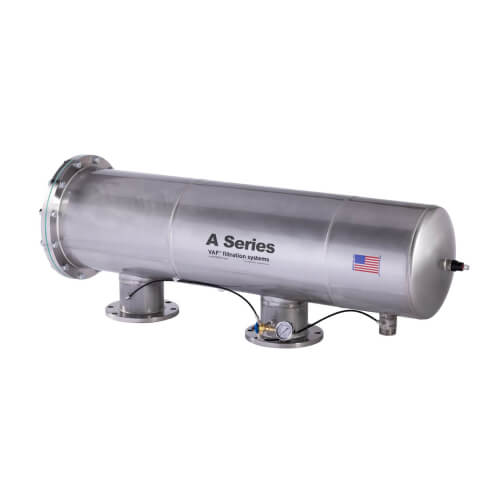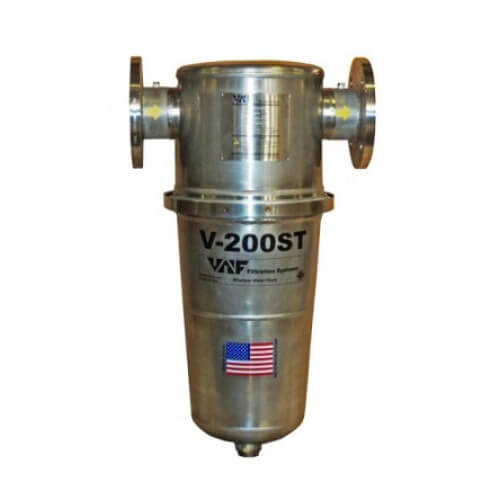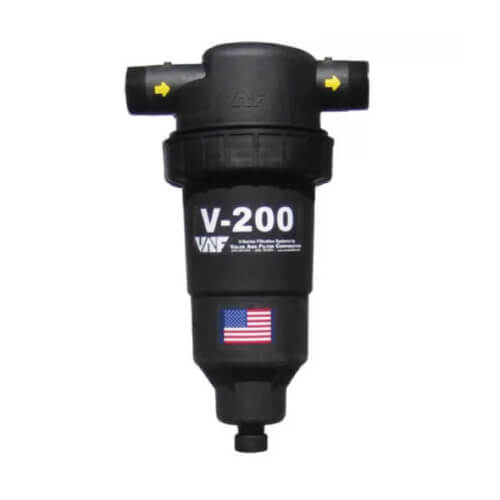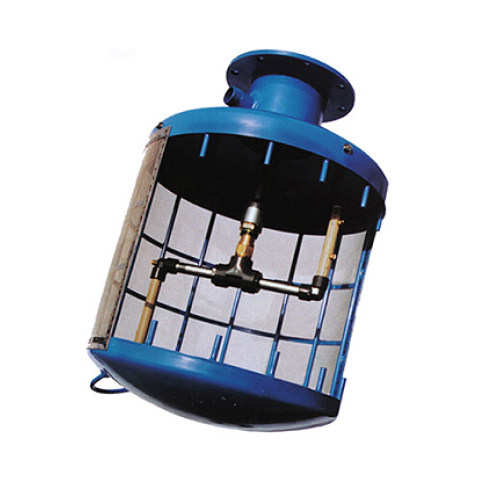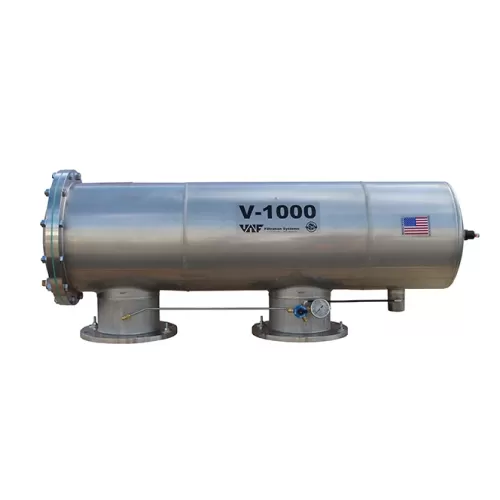Recent Posts
Mesh Filtration: The Unrivaled Solution for Seawater Filtration Challenges
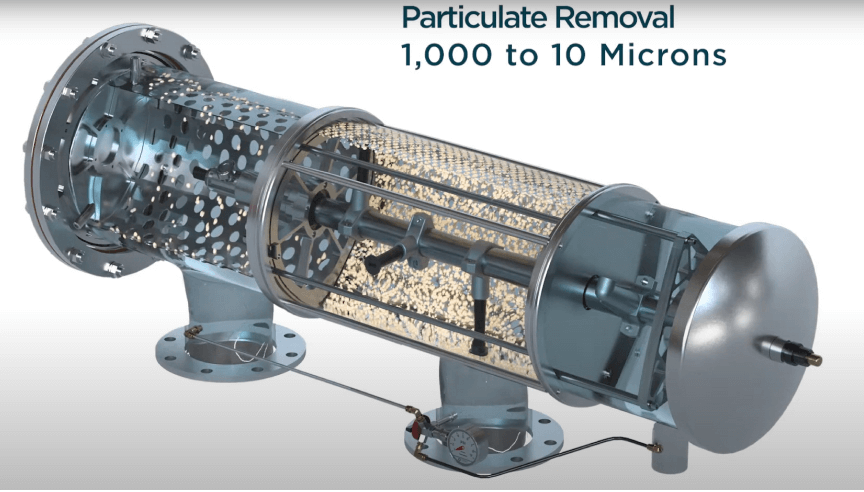
Mesh Filtration: The Unrivaled Solution for Seawater Filtration Challenges
The Earth’s oceans cover over 70% of the planet’s surface, holding a vast reservoir of resources vital for various industries and sustaining life itself. Seawater, abundant and teeming with potential, has become an invaluable resource for desalination, aquaculture, and other industrial processes. However, harnessing its potential comes with the inherent challenge of filtering out impurities effectively. In this pursuit, mesh filtration has emerged as an indispensable tool, revolutionizing the way seawater is processed and purified.
The Seawater Challenge
Seawater, while abundant, contains a complex mixture of impurities—from suspended solids and organic matter to salt and minerals. Conventional filtration methods often struggle to address these challenges efficiently. The high salinity and corrosive nature of seawater pose significant hurdles in maintaining filtration systems, leading to frequent clogging, decreased efficiency, and increased maintenance costs.
Mesh Filtration: A Game-Changing Solution
Enter mesh filtration—a game-changer in the realm of seawater filtration. Mesh filters, composed of intricately woven screens or membranes with precise micrometer-scale openings, offer a highly effective solution for removing impurities from seawater.
Unmatched Efficiency
The design of mesh filtration systems allows for the effective removal of particles and impurities of varying sizes. These systems can be tailored to specific pore sizes, enabling the filtration of even the smallest contaminants while allowing the passage of purified water.
Adaptability and Durability
Mesh filtration systems are engineered to withstand the harsh conditions posed by seawater. Constructed from corrosion-resistant materials such as stainless steel, titanium, or specialized polymers, these filters exhibit exceptional durability and longevity, minimizing the need for frequent replacements and maintenance.
Applications in Seawater Filtration
- Desalination Plants
Desalination—the process of converting seawater into freshwater—relies heavily on mesh filtration. These filters efficiently remove suspended solids, algae, and other impurities, ensuring a smooth and efficient desalination process, thereby meeting the increasing global demand for freshwater. - Aquaculture
The thriving aquaculture industry depends on the quality of seawater for the health and growth of aquatic species. Mesh filtration systems aid in maintaining optimal water quality by removing contaminants, supporting a conducive environment for aquaculture operations.
- Industrial Processes
Industries relying on seawater as a raw material, such as chemical manufacturing or power plants, utilize mesh filtration to protect equipment from corrosion and damage caused by impurities, ensuring smooth operations and product quality.
Future Advancements and Sustainability
Continued advancements in mesh filtration technology promise even greater efficiency and sustainability. Ongoing research focuses on improving filtration rates, energy efficiency, and the development of eco-friendly materials, aligning with global efforts toward sustainability and environmental consciousness.
Conclusion
The utilization of mesh filtration in seawater filtration has transformed the landscape of various industries reliant on this abundant resource. Its efficiency, adaptability, and durability make it an indispensable tool in ensuring the purity of seawater for diverse applications.
As technology evolves and sustainability takes center stage, mesh filtration systems will continue to evolve, playing a pivotal role in meeting the increasing demand for clean water and supporting sustainable practices across industries reliant on the vast potential of our oceans.

